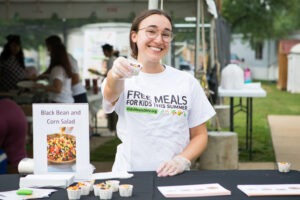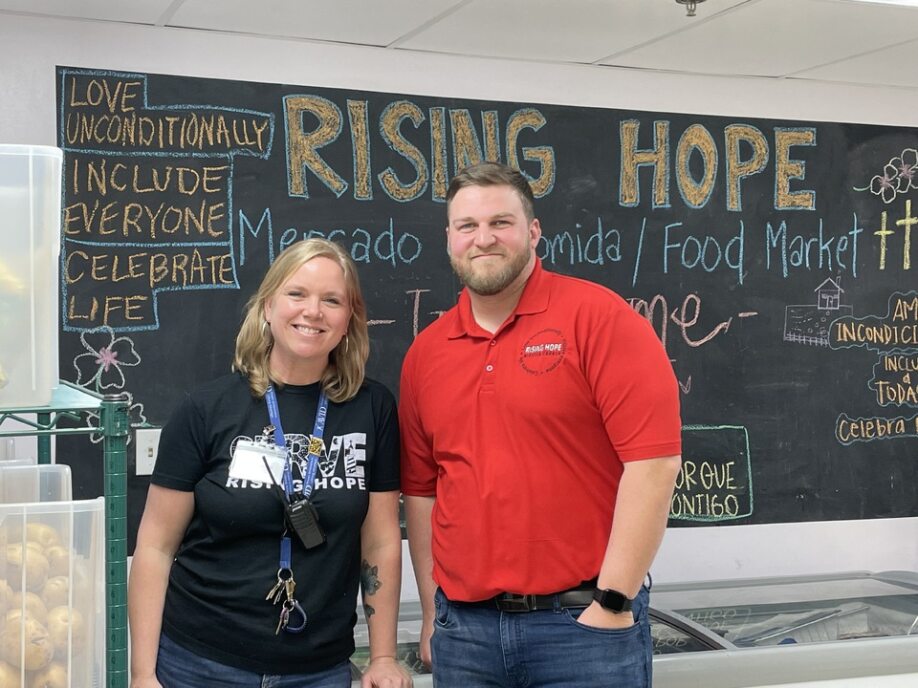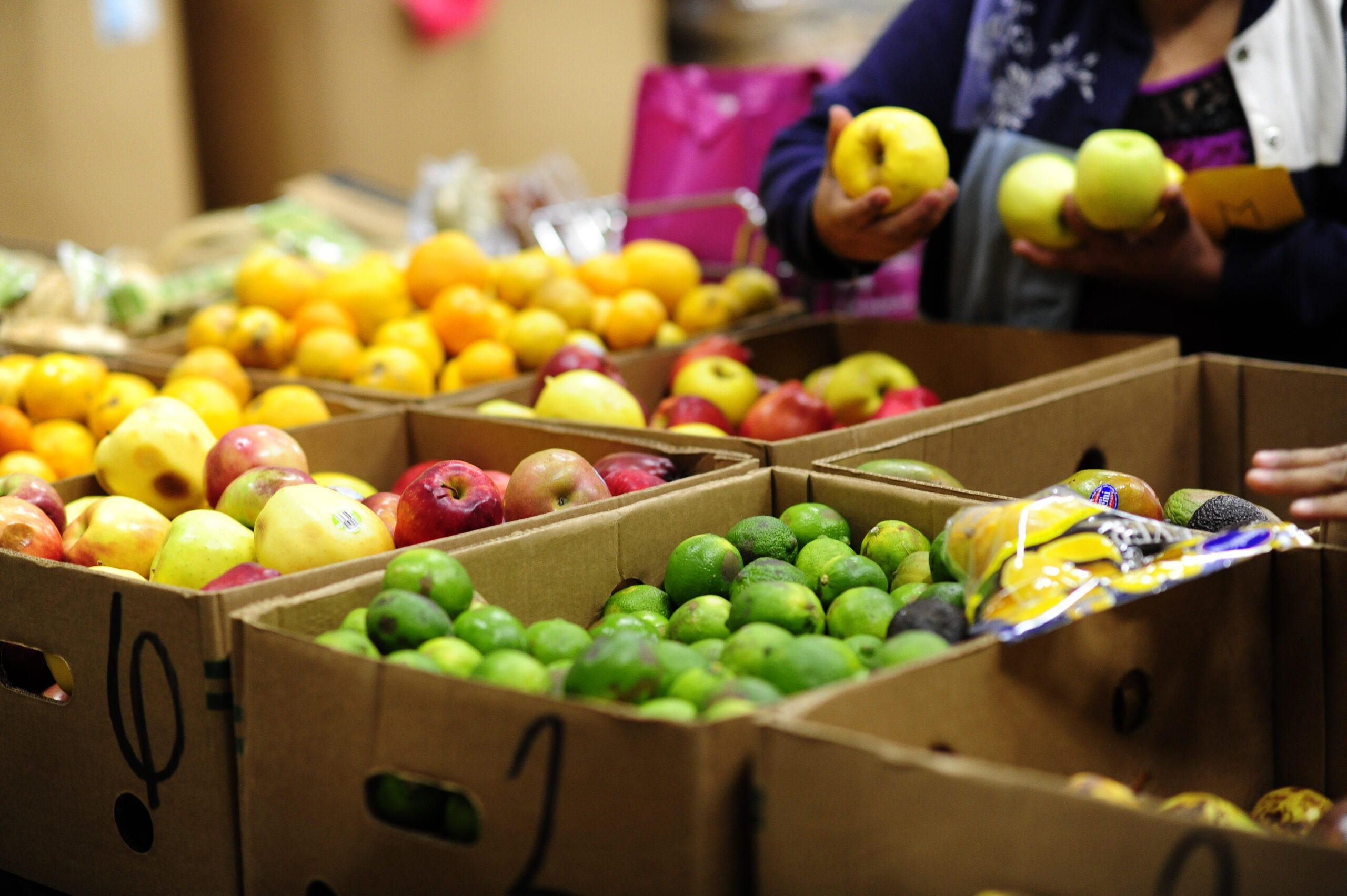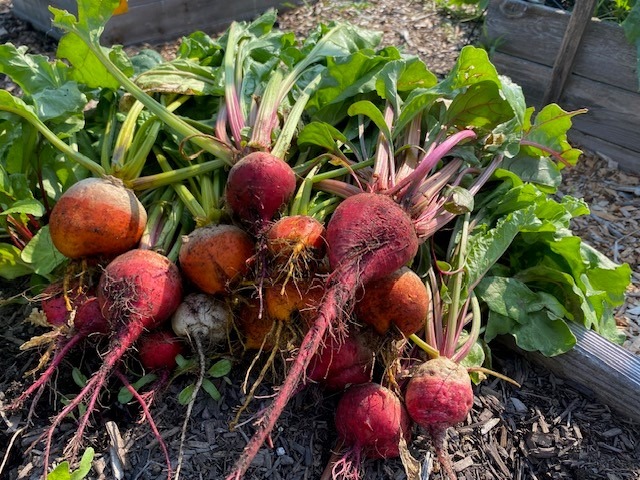Eating well helps improve lives and build stronger, healthier communities. So we’ve put nutrition at the core of our work.
Good nutrition means everything.
The science of nutrition is clear: good eating habits can have dramatically positive effects on health and wellbeing. But for many of the people we serve, the same barriers that make it hard to obtain enough food for themselves and their families also make it difficult to secure food that contributes to wellness. That’s a truth we’ve taken to heart, and the reason we’ve made health a priority.
We were one of the first food banks in the nation to put nutrition at the center of its operations. We adopted a food-acceptance policy limiting high sugar donations from retailers, and we were one of the first to track the nutritional content of our inventory.
Now, nearly half of the food we provide is fruits and vegetables, and the overwhelming majority meets our wellness criteria: foods that are high in fiber and/or low in salt and sugar. Because our goal isn’t simply to provide food to our neighbors — it’s to help them thrive.
Nutrition resources for living healthier lives
Get in Touch with Us

Have a question for our nutrition education team? They’re ready to help!
- Need ideas for quick, nutritious meals? Have a question about an item in your pantry? For answers to all of your nutrition-related questions, call or email our “Ask the Nutritionist” line at (202) 735-3053 or education@capitalareafoodbank.org.
- To request a food demo or nutrition education workshop, please fill out this form: Request CAFB Nutrition Services Form
- To request seeds for your garden, inquire about field trips to the CAFB garden, or ask any other garden-related questions, contact garden@capitalareafoodbank.org.
- Other questions? Please reach out to education@capitalareafoodbank.org.

"Nutrition-focused initiatives take a more rigorous approach to combating food insecurity. We are no longer asking, 'How do we get people fed?' but instead, 'How do we provide the kind of food that disrupts cycles of poverty?'"







